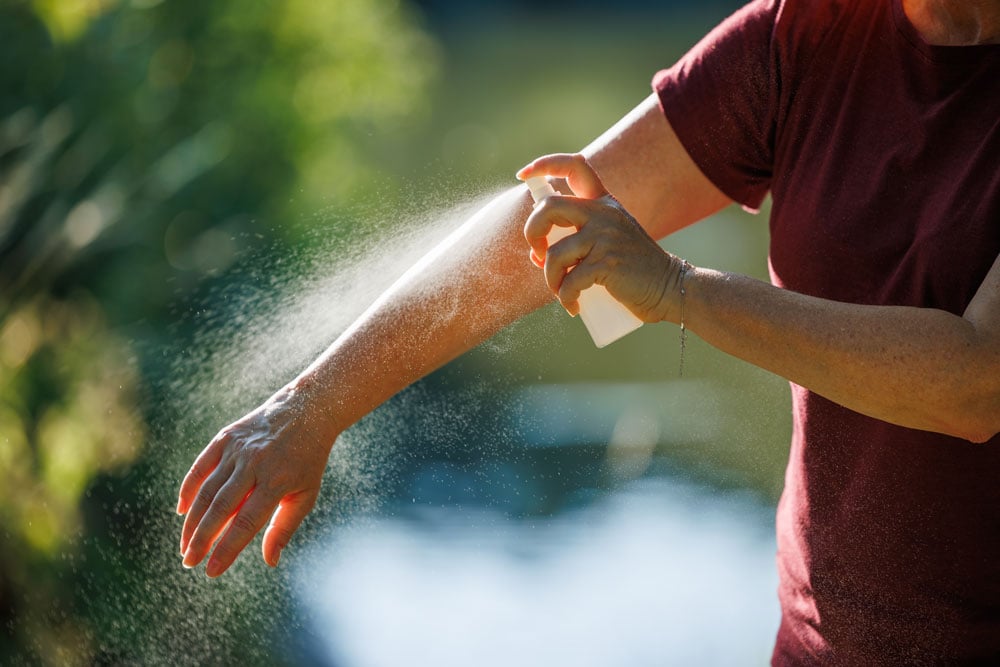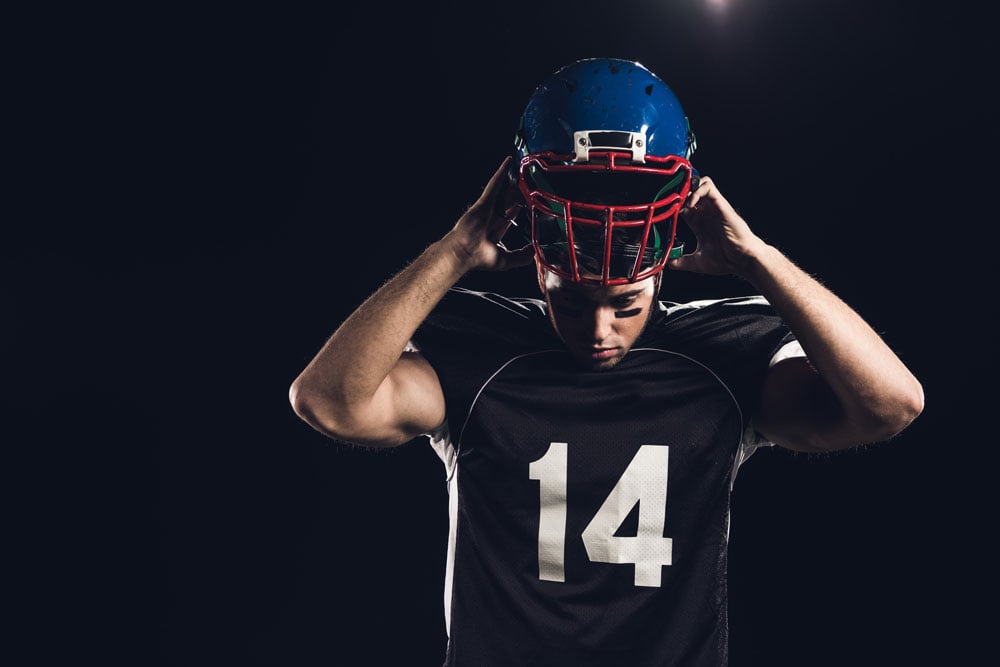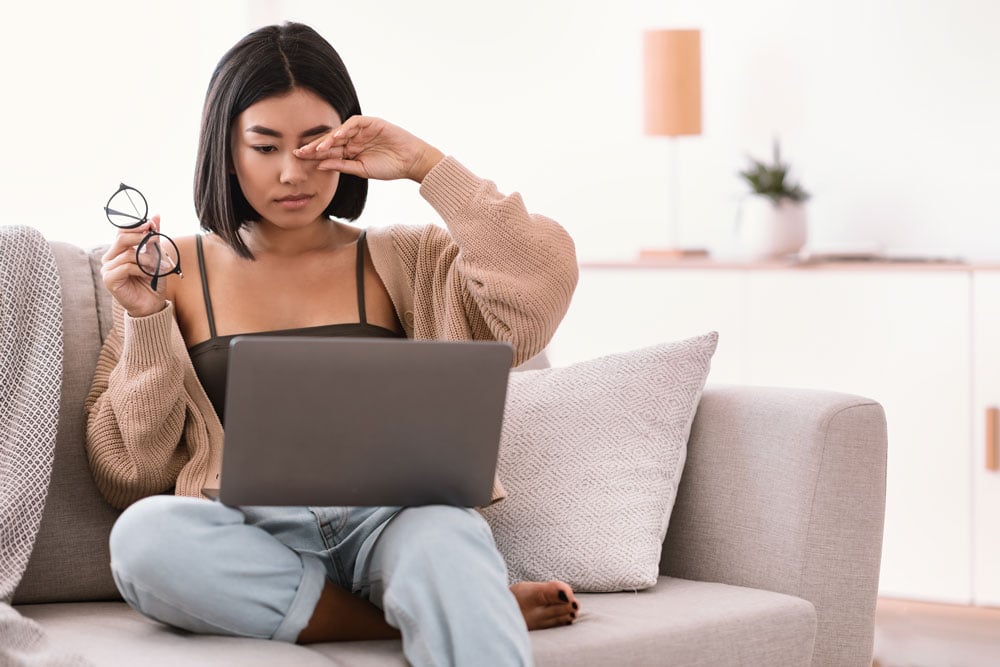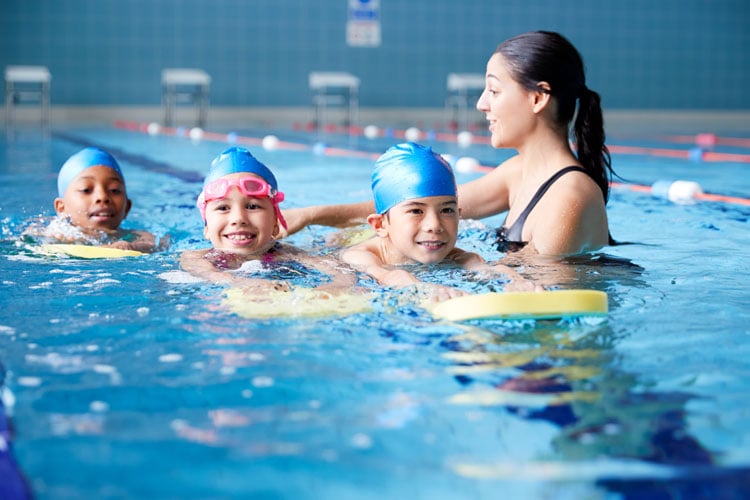How to View the Eclipse Safely, According to Local Eye Specialists
Even when the moon covers the sun, UV rays can still damage viewers’ eyes, making proper protection essential.
Why is it really important to shield your eyes during an eclipse when the world is dark?
According to local eye specialists, it’s because you’re still being exposed to the sun’s rays, even if the moon is moving in front of it, which will happen on Monday, April 8, when a total solar eclipse will take place over a large swath of the U.S.
Pittsburgh will experience 97% coverage of the sun, which means special eclipse glasses or other eye protection are needed throughout the entire duration of the eclipse, which begins about 2 p.m. that day.
Dr. Denise Gallagher, a retina specialist and a clinical assistant professor of ophthalmology at UPMC Vision Institute, says especially because viewers are looking directly at the sun for a prolonged period of time, there’s a big risk to one’s eyesight. Without proper eye protection, the sun’s rays can cause damage to the retina that could result in temporary or even permanent changes to vision, she said.
“Unfortunately, there is no proven treatment to correct this type of damage to the retina, so the best thing you can do is to prevent it from happening,” Gallagher said in an email.
To view the eclipse, people need eye protection supported by the American Astronomical Society specifically designated as safe to use while looking at the sun, not just sunglasses.
Dr. Sarah Zambotti, an optometrist at AHN, says that solar eclipse filters that meet the ISO 12312-2 standard are 100,000 times darker than normal sunglasses and will filter damaging UV rays from the sun. She says these can be purchased at American Paper Optics, Daystar Filters, Rainbow Symphony and Thousand Oaks Optical. The Carnegie Science Center also was stocking eclipse glasses in its gift shop.
Related: How to Safely Take Great Pictures of the Eclipse
“Although we’re excited to witness a solar eclipse, we want to ensure that our eyes are well-protected from any damage it could cause,” Zambotti said in a press release.
Gallagher noted it’s also important to wear the protective eye covers properly because the eye can still be exposed to the sunlight from around the sides of the glasses.
Children’s eyes are more vulnerable to sun damage, but kids can still view the eclipse while wearing protective glasses. Another option that’s good for kids is an indirect viewing of the eclipse, such as the pinhole viewing method.
AHN also advised not to watch the eclipse through a camera phone, camera lens, binoculars or recording devices because they can magnify the UV light and cause damage to your eyes. People with eye conditions are also advised not to watch this solar eclipse and instead watch videos of the event after the fact to avoid further damage, AHN said.
















